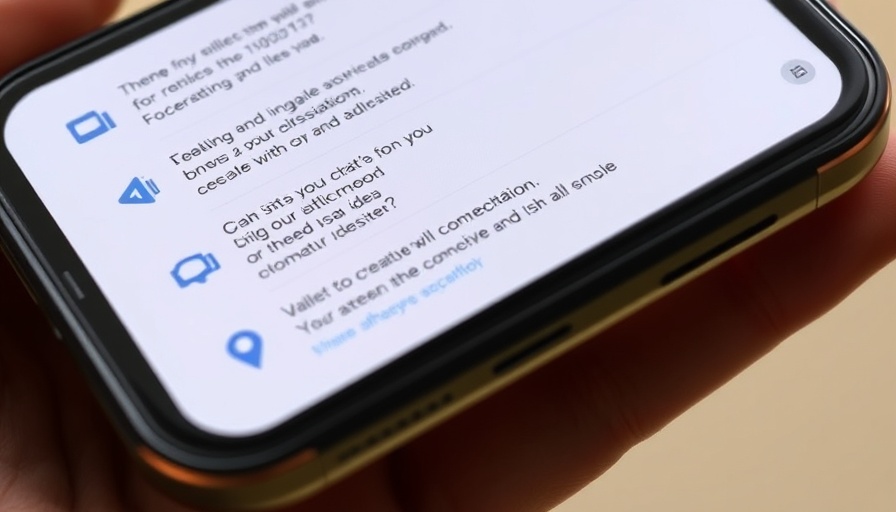
AI's Role in the Future of Writing and Creativity
The rise of artificial intelligence has sparked a fervent debate within the creative writing community. Writers worldwide are grappling with the unsettling question: Is AI poised to replace them? With sophisticated algorithms capable of generating compelling stories, poetry, and more in mere seconds, many feel their roles might be at stake in this digital revolution.
Traditionally, creativity was celebrated as a distinctly human trait, where every word was carefully curated to express emotions deeply felt by the author. However, the landscape has shifted as AI systems demonstrate an uncanny ability to mimic writing styles, tones, and even the rhythm of prose and poetry. This remarkable advancement raises both anticipation and trepidation among writers, as some perceive AI as a mere tool to enhance productivity rather than a workforce competitor.
AI as a Writing Partner, Not a Replacement
Some experts argue that AI tools—such as Grammarly, Quillbot, and the widely known ChatGPT—serve primarily as writing assistants. They facilitate routine tasks, such as grammar checking and idea generation, allowing writers to concentrate on the deeper, more intricate aspects of storytelling. This partnership empowers authors to brainstorm and overcome creative blocks, interpreting AI's capabilities as a collaborative opportunity rather than a threat.
The Shift Towards AI-Generated Content
Despite these positive perceptions, the reality is stark. Reports have emerged of writers being displaced from their positions as news agencies and marketing firms increasingly rely on AI-generated content, which can be produced swiftly and economically. While these articles often exhibit grammatical correctness, they frequently lack the emotional depth and personal touch inherent to human-created works. Given that many readers find it challenging to discern between human and machine-generated writing, the dilemma intensifies.
The Essence of Human Writing
At the heart of the debate lies what it means to be a writer. Authenticity—the ability to convey genuine emotion such as love, loss, and joy—remains central to human writing. AI can simulate these sentiments based on data and patterns; however, the question remains—can it truly understand and convey these experiences? AI cannot feel heartache or joy, limiting its capacity to create deeply resonant narratives. As a result, many in the reading public still seek authenticity, a quality that can be challenging for AI to replicate.
Skills for Tomorrow's Writers
The evolving landscape of writing means that aspiring authors must adapt. Developing skills to edit AI-generated drafts, enhancing prompts, and curating their distinctive voices are quickly becoming essential competencies. Educational institutions may soon emphasize the importance of learning how to work alongside AI, preparing students for a new reality in which collaboration with technology becomes the norm.
The Bright Future for Authentic Voices
As writers navigate this transformative terrain, one truth stands firm: the essence of writing will always belong to humans. While AI systems continue to enhance productivity and redefine creativity, the deepest human experiences will forever yield the most authentic stories. Whether one embraces AI or sees it as a hindrance, the power of a genuine human narrative will remain unchallenged within the literary world.
The discussion on AI's role in writing will continue to evolve. To ensure their voices remain central to any narrative, writers must not only adapt to these changes but also advocate for the irreplaceable value of human storytelling in an age increasingly dominated by artificial intelligence.
As the future of writing unfolds, take a moment to explore how AI might enhance your creative process and consider embracing this technological partner. Whether it's aiding with brainstorming, generating drafts, or overcoming writing barriers, AI could provide valuable tools to enrich your writing toolbox.
Bypass ANY AI Detector with ease! Add Row
Add Row  Add
Add 




Write A Comment